The Endocrine Society today announced it has chosen 13 leading endocrinologists as winners of its prestigious 2023 Laureate Awards, the top honors in the field.
Endocrinologists are scientists and medical doctors who specialize in unravelling the mysteries of hormone disorders to care for patients and cure diseases. These professionals have achieved breakthroughs in scientific discoveries and clinical care benefiting people with hundreds of conditions, including diabetes, thyroid disorders, obesity, hormone-related cancers, growth problems, osteoporosis and infertility.
Established in 1944, the Society’s Laureate Awards recognize the highest achievements in the endocrinology field, including groundbreaking research and innovations in clinical care. The Endocrine Society will present the awards to the winners at ENDO 2023, the Society’s annual meeting.
The Endocrine Society’s 2023 Laureate Award winners are:

- Mitchell A. Lazar, MD, PhD — Fred Conrad Koch Lifetime Achievement Award The Society’s highest honor, this annual award recognizes lifetime achievements and exceptional contributions to the field of endocrinology. Lazar is the Willard and Rhoda Ware Professor in Diabetes and Metabolic Diseases at the Perelman School of Medicine at the University of Pennsylvania in Philadelphia, and the founding director of the university’s Institute for Diabetes, Obesity, and Metabolism. He is one of the world’s leading figures in the field of endocrinology and diabetes research. Lazar is an endocrinologist and physician-scientist whose findings relate to the basic mechanisms of nuclear receptor action and their role in obesity and diabetes, most notably the discovery of the hormone resistin. His work has uniquely and reproducibly linked the fields of transcriptional regulation, epigenomics, circadian rhythms and metabolism from the vantage point of endocrine physiology. Lazar has been elected to the National Academy of Medicine, the American Academy of Arts and Sciences and the National Academy of Sciences. He has been selected as an editorial board member of Endocrine Reviews, Endocrinology and the Journal of the Endocrine Society and has received many awards, including two Method to Extend Research in Time (MERIT) Awards from the National Institutes of Health, the Karolinska Institute’s 2019 Rolf Luft Award, and the Richard E. Weitzman Memorial and Gerald D. Aurbach Awards from the Endocrine Society. He has served on the Board of Scientific Councilors of the National Institutes of Diabetes, Digestive, and Kidney Diseases and on the Endocrine Society’s Board of Directors.

- Holly A. Ingraham, PhD — Edwin B. Astwood Award for Outstanding Research in Basic Science. Originally awarded in 1967 and renamed to honor the scientific contributions of the late Dr. Edwin B. Astwood, this award recognizes individuals who have made significant contributions to the field of endocrinology via their outstanding basic science research. Ingraham is the Herzstein Endowed Professor in Molecular Physiology at University of California, San Francisco in San Francisco, Calif. As a world leader in hormone signaling, Ingraham has illuminated basic molecular processes controlling endocrine development and physiology, with recent emphasis on understanding the cellular and molecular basis of diseases that exhibit a sex-bias in women. A few of her most notable contributions to the basic science field include being the driving force in identifying one of the first tissue-specific regulators, Pit-1, a founding member of the POU-homeodomain transcription factor family. Ingraham also demonstrated that the nuclear receptor Steroidogenic Factor 1 (SF-1) is a major determinant of gonadal sex-differences. Her most recent study of a novel hormone-dependent node illuminates the power of estrogen in motivating behavior and maintaining an active lifestyle in females.


- Gerald D. Aurbach Award for Outstanding Translational Research. This annual award recognizes outstanding contributions to research that accelerate the transition of scientific discoveries into clinical applications.
- Myles Brown, MD — Brown is the Emil Frei III Professor of Medicine at Dana-Farber Cancer Institute and Harvard Medical School in Boston, Mass. He is an expert in oncology and a talented physician-scientist whose contributions have fundamentally reformulated the mechanistic understanding of hormone dependence of breast and prostate cancers, which has enabled the development of new therapies for these diseases. He has been honored with several awards, including the Endocrine Society’s 2010 Edwin B. Astwood Award. He also was elected to the National Academy of Sciences in 2016, the American Academy of Arts and Sciences in 2017, and the National Academy of Medicine in 2020. He has been a member of the Endocrine Society since 2002 and served on the Editorial Board for the Endocrine Society’s journal, Molecular Endocrinology, which was incorporated into the journal Endocrinology in 2017.
- Márta Korbonits, MD, PhD, DSc, FRCP — Márta Korbonits is the professor of endocrinology and metabolism at Queen Mary University of London. She is one of the top clinician scientists on the clinical, translational, and experimental aspects of pituitary tumorigenesis and familial isolated pituitary adenomas. Furthermore, she has pioneered work on the metabolic effects of various hormones. Her strength is the ability to set up basic science experiments based on key clinical questions and then translate these back to clinical studies. In addition, she looks after patients with endocrine diseases at St. Bartholomew’s Hospital, undertakes wide-ranging teaching activities and supervises MSc and PhD students. She currently serves on the Endocrine Society’s Annual Meeting Steering Committee and as president-elect of the Society for Endocrinology. She also received the Endocrine Society’s 2015 Delbert A. Fisher Research Scholar Award.

- Tasnim Ahsan, MRCP, FRCP, FCPS—International Excellence in Endocrinology Award. This award is presented to an endocrinologist who has made exceptional contributions to the field in geographic areas with underdeveloped resources for hormone health research, education, clinical practice, or administration. Ahsan is the professor emerita at the Jinnah Postgraduate Medical Centre and the founding dean of the Medicell Institute of Diabetes Endocrinology & Metabolism in Karachi, Pakistan. She is an internationally renowned clinician and educator who has contributed to the establishment and growth of the field of endocrinology in Pakistan. She started the first endocrinology practice in a public sector hospital in Pakistan at the Jinnah Postgraduate Medical Centre in 1993 and has trained over 100 postgraduate trainee doctors in internal medicine and endocrinology. She is dedicated to expanding access to care and treats a large transgender community at the Medicell Institute. She also is a founding member of the Pakistan Endocrine Society.
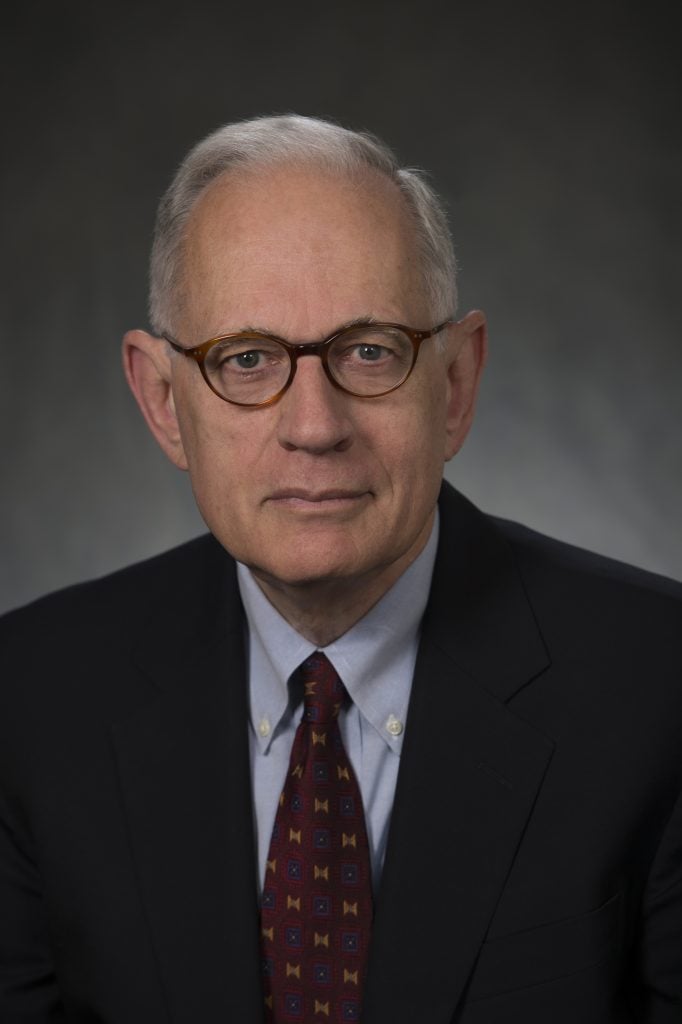
- Peter J. Snyder, MD — Outstanding Clinical Investigator Award. This annual award honors an internationally recognized clinical investigator who has contributed significantly to understanding the pathogenesis and therapy of endocrine and metabolic diseases. Snyder is a professor of medicine at the Perelman School of Medicine at the University of Pennsylvania. He has made outstanding contributions to the field of male reproductive endocrinology. His discoveries have helped establish the standard treatment for infertility in men with hypogonadotropic hypogonadism. He also was the first to recognize and characterize gonadotroph pituitary adenomas. As principal investigator of the landmark Testosterone Trials, he led the largest, most comprehensive trials of the efficacy of testosterone. He currently serves on the Endocrine Society’s Testosterone Therapy in Men with Hypogonadism Guideline Writing Committee and the Testosterone Therapy in Adult Men with Androgen Deficiency Syndromes Task Force.
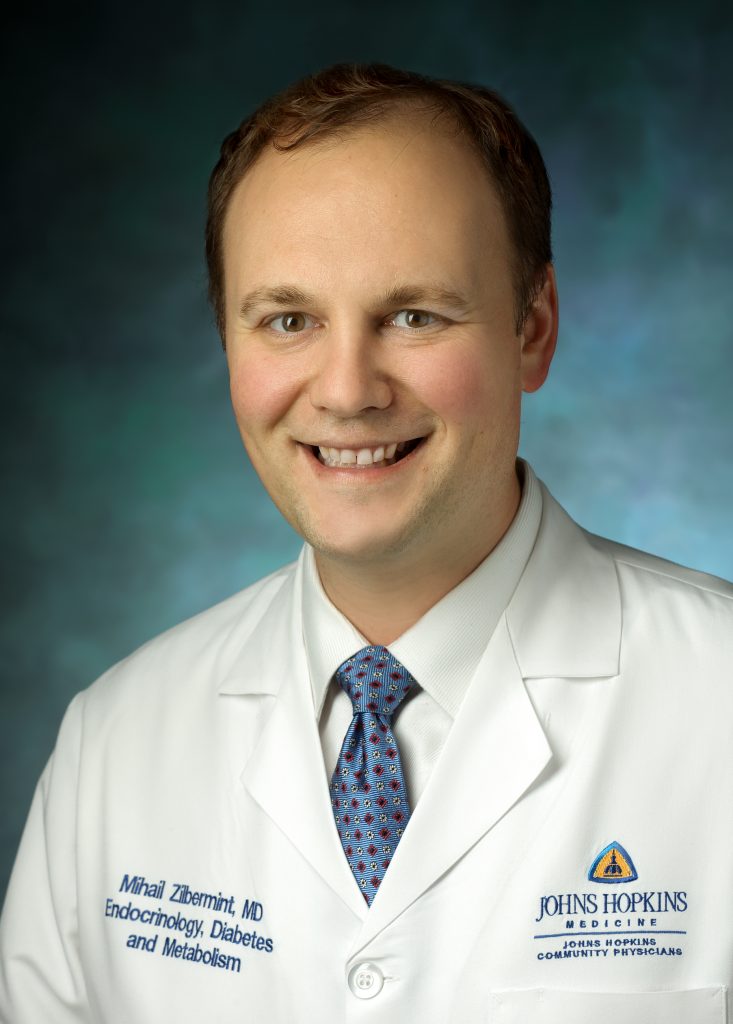
- Mihail Zilbermint, MD, MBA — Vigersky Outstanding Clinical Practitioner Award. This annual award recognizes extraordinary contributions by a practicing endocrinologist to the endocrine and/or medical community. Zilbermint is an associate professor of clinical medicine at the Johns Hopkins University School of Medicine and the chief and director of endocrinology, diabetes and metabolism at the Johns Hopkins Community Physicians Suburban Hospital in Bethesda, Md. He is an outstanding clinician, well recognized for his excellent clinical care and strong program-building skills, and who is passionate about quality inpatient diabetes care and research. He established the Endocrine Hospitalist and Inpatient Diabetes Management Service at Suburban Hospital, a specialized clinical consultation program designed to promote better glycemic control in hospitalized patients. This initiative has saved his hospital hundreds of thousands of dollars by reducing the length of stay of patients with diabetes. Zilbermint was also one of the first to deploy inpatient diabetes telemedicine during the COVID-19 pandemic. He has held many service positions at the Endocrine Society, including being a member of the Quality Improvement Subcommittee, the EndoCares® 2021 District of Columbia, Maryland, Virginia Steering Team, and the Endocrine News editorial advisory board.
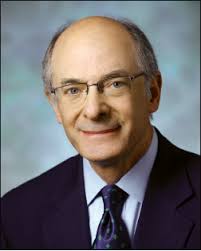
- David Stephen Cooper, MD — Outstanding Educator Award. This annual award recognizes exceptional achievement as an educator in the discipline of endocrinology and metabolism. Cooper is a professor of medicine and radiology at the Johns Hopkins University School of Medicine in Bethesda, Md. He has been a faculty member at Johns Hopkins for more than 30 years and is an international leader in the thyroid and endocrine community for his work treating Graves’ disease and subclinical thyroid disease, and various aspects of the diagnosis and management of thyroid cancer. He is most passionate about teaching the next generation of endocrinologists and leads by example, showing tremendous compassion and care for his patients. He has high expectations for his trainees and is a strong advocate for their education. He was recognized with the Endocrine Society’s 2016 Outstanding Scholarly Physician Award and has served as the chair of the Society’s Endocrine Board Review and as a member of its In-Training Exam Steering Group.

- William Rainey, PhD — Outstanding Mentor Award. This annual award recognizes a career commitment to mentoring and a significant positive impact on mentees’ education and career. Rainey is the Jerome W. Conn Professor of Molecular & Integrative Physiology and Internal Medicine at the University of Michigan in Ann Arbor, Mich. He is a renowned adrenal investigator and mentor who invests wholeheartedly in the young generation of endocrinologists. Rainey has elevated the career trajectory of numerous trainees, with his dedication to teaching and his transformational influence on their scientific thinking and writing. He is proactive in crafting customized career-development plans for each of his mentees and he selflessly supports them through their transition to independence, by providing guidance, creating key networking opportunities and offering unrestricted access to his laboratory resources and personnel. He has contributed to the Endocrine Society as a board member of the Journal of the Endocrine Society and Endocrinology, and a member of the Annual Meeting Steering Committee.

- Bryan Haugen, MD — Outstanding Scholarly Physician Award. This annual award recognizes outstanding contributions to the practice of clinical endocrinology in academic settings. Haugen is a professor of medicine and pathology at the University of Colorado School of Medicine in Aurora, Colo., and a recognized leader in the evaluation and management of thyroid cancer. He played a key role in studies that showed the effectiveness of recombinant human thyroid‐stimulating hormone as a tool for monitoring patients with thyroid cancer. He also was instrumental in developing a novel Gene Expression Classifier diagnostic panel that significantly enhances the accuracy of diagnosing thyroid cancer. He has written and lectured extensively to clinicians worldwide on the use of molecular diagnostic testing in the evaluation of thyroid nodules. He oversaw the development of the 2015 American Thyroid Association Guidelines for the Management of Thyroid Nodules and Differentiated Thyroid Cancer. These guidelines are now used by virtually every clinical endocrinologist in the U.S. in the day-to-day management of thyroid cancer.

- Rana K. Gupta, PhD — Richard E. Weitzman Outstanding Early Career Investigator Award. This annual award recognizes an exceptionally promising young clinical or basic investigator. Gupta is a professor of medicine at Duke University School of Medicine in Durham, N.C. Gupta spent a decade building a research program at University of Texas Southwestern that has earned international recognition for its novel contributions to the field of adipose tissue development and function. He is one of the preeminent investigators in the field of adipose biology, especially as it relates to pathogenesis of cardiometabolic diseases and the regulation of metabolic homeostasis. He is a thought leader in the field of adipose tissue progenitors and has contributed several authoritative review articles on this topic. Gupta is an active participant on the National Institute of Health study sections focused on the work in the field of diabetes, obesity, and metabolism.
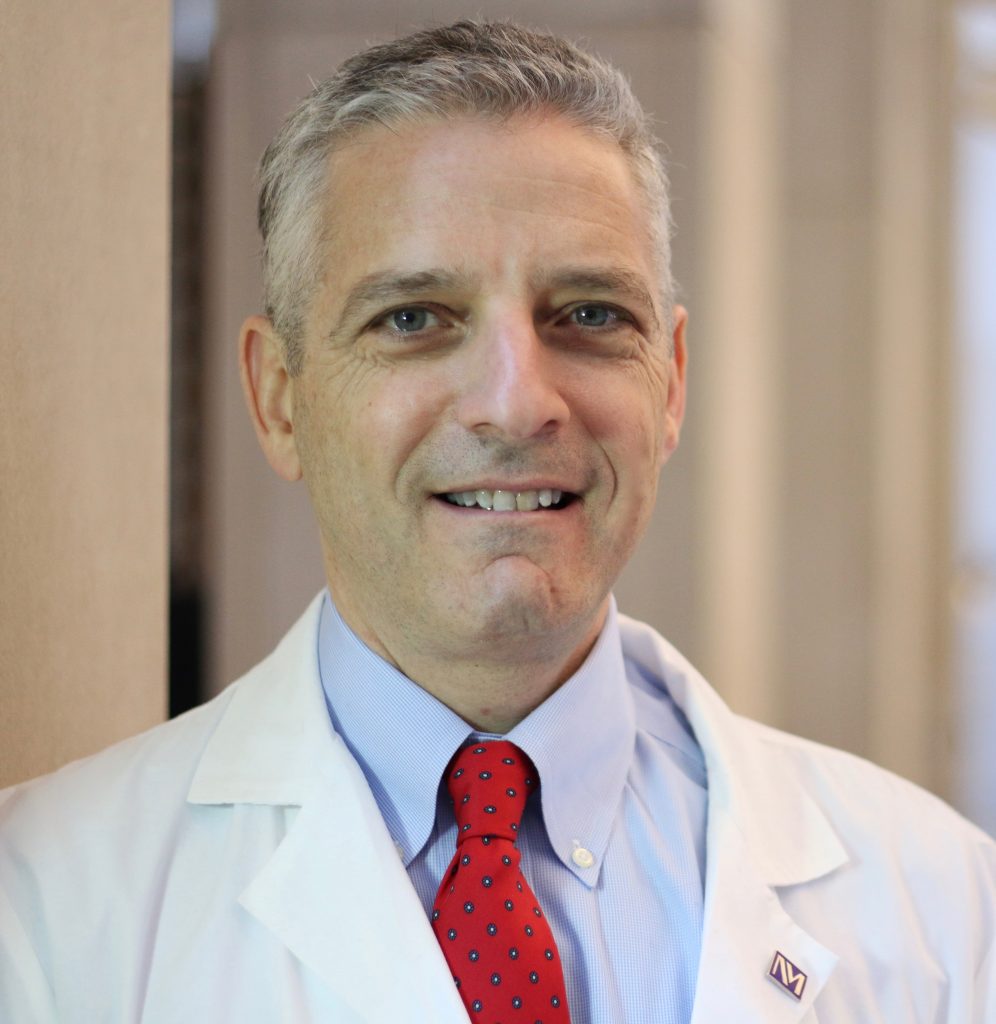
- Joseph Bass, MD, PhD — Roy O. Greep Award for Outstanding Research. This annual award recognizes meritorious contributions to research in endocrinology. Bass is the Charles F. Kettering Professor of Medicine at Northwestern University Feinberg School of Medicine in Chicago, Ill. He is one of the world’s leaders in circadian biology and endocrinology. His creativity and insights as an endocrinologist were instrumental in his discovery that a mutation in a core circadian clock gene lead to abnormal glucose metabolism, hyperphagia, and alterations in the control of feeding time in mice. This pioneering work provided the molecular underpinning for current thinking about how shift work leads to obesity and diabetes and set the stage for studies on how meal timing affects health. Bass next innovatively asked the converse question of whether metabolism reciprocally influences the clock and established that the macronutrient content of diet directly modulates circadian behavior and rhythmic physiology. Most recently, he has elucidated the biochemical basis for NAD+-SIRT1 regulation of core clock function, opening insight into senescence of sleep/wake and metabolic rhythms during aging.
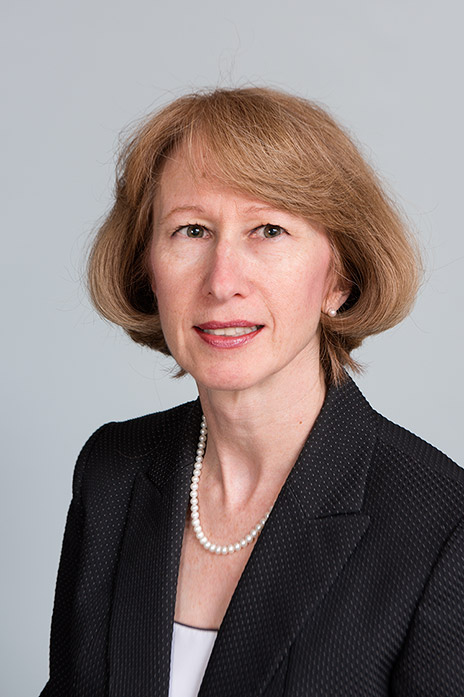
- Beverly M.K. Biller, MD — Sidney H. Ingbar Distinguished Service Award. This award recognizes distinguished service to the Endocrine Society and the field of endocrinology. Biller is a professor of medicine at Harvard Medical School and a physician at Massachusetts General Hospital in Boston, Mass. She has been a dedicated and tireless leader of the Endocrine Society for more than a quarter century, deeply impacting the Society and the field of endocrinology. This is reflected in her work on numerous Society committees, working groups and task forces, including serving as a Council/Board of Directors member, Clinical Science chair and overall chair of the Annual Meeting Steering Committee, Scientific and Educational Programs Core Committee Chair and as an associate editor for JCEM. She was instrumental in developing the Society’s Committee on Diversity and Inclusion, which develops programs and strategies to create a more diverse Society and increases awareness around health disparities in endocrinology. In her role as a member of the Nominating Committee, she advocated for underrepresented clinicians, researchers, and educators to be selected for Board of Director and Presidential positions.
Nominations are being accepted for the 2024 Laureate Awards cycle until Friday, January 20, 2023. Any submissions received after January 20 will be considered for the following year.

